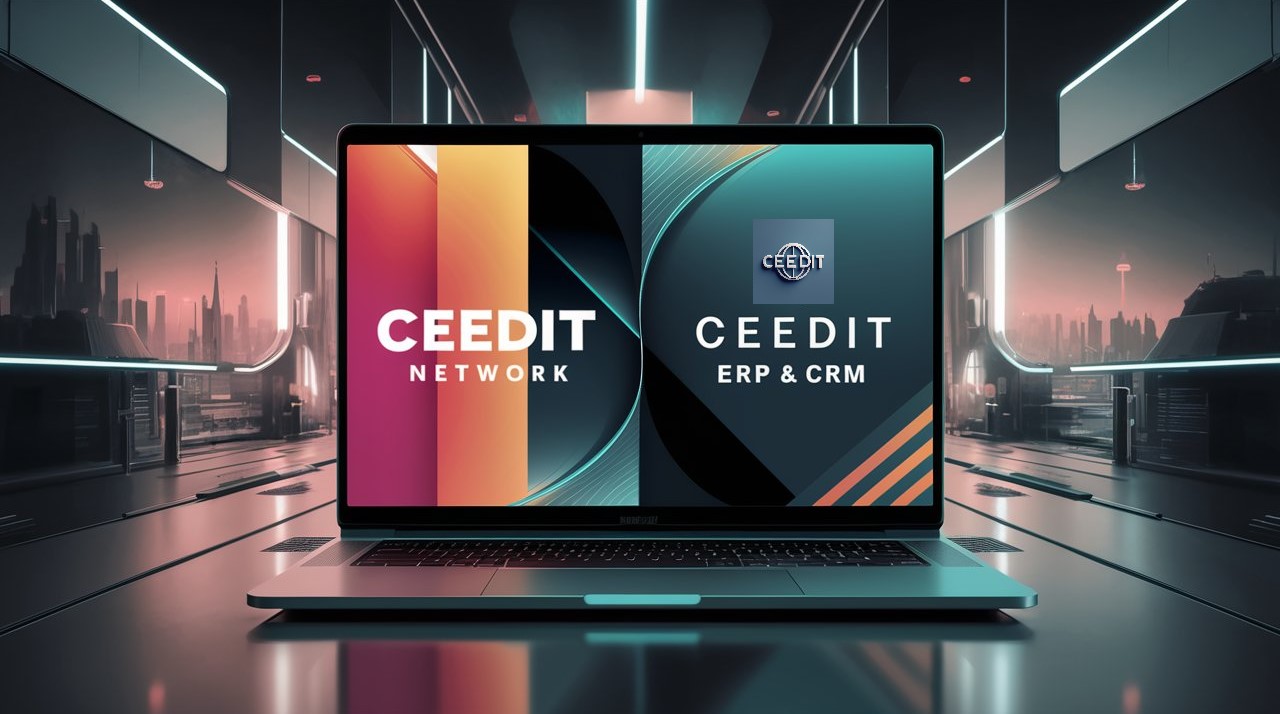

Businesses aiming to automate core processes usually consider two primary software solutions: enterprise resource planning (ERP) and customer relationship management (CRM). ERP connects financial and operational systems to a central database, aiding in running successful businesses. In contrast, CRM manages customer interactions.
Both ERP and CRM serve as crucial data repositories and affect multiple departments. Although sometimes built on the same platform, they are often purchased separately and integrated as needed.
This article outlines the key characteristics of both CRM and ERP, highlights their differences, and helps determine whether a business needs ERP, CRM, or both.
CRM, or customer relationship management, is software designed to manage all customer interactions with a business. Initially developed for sales departments and known as sales force automation (SFA), CRM systems expanded to include customer service and marketing, particularly in call centers. Over time, these systems combined under the CRM umbrella, sometimes including sales performance management and sales incentive compensation.
ERP, or enterprise resource planning, evolved from material requirements planning (MRP) used by manufacturers to manage resources needed for successful operations. ERP serves as a shared database for all parts of an organization, primarily focusing on finances but also extending to inventory management, order management, supply chain management, procurement, production, distribution, fulfillment, and sometimes HRMS, CRM, and ecommerce.
CRM centralizes all customer data, tracking interactions to enable informed business decisions. For example, sales representatives can access outstanding service tickets before visiting a customer, and customer service can quickly identify and prioritize high-value customers. CRM systems enhance sales performance, customer service efficiency, and marketing effectiveness.
ERP provides a single, shared database for financial and operational data, improving reporting and decision-making. A unified data source allows employees to analyze financial insights without relying on IT or finance teams. ERP systems can speed up financial closing processes, introduce stronger financial controls, and automate many manual tasks, reducing the time and effort required for financial management.
The main difference between ERP and CRM is their focus areas: ERP primarily manages financial data for the finance department, while CRM handles customer data for sales and customer service departments. ERP is considered the back office, and CRM the front office. Some ERP systems include CRM components, but standalone CRM systems do not contain ERP functions.
Both ERP and CRM are business applications that store and analyze data in relational databases. They can be delivered through on-premises models or as software as a service (SaaS) in the cloud. While CRM systems moved to the cloud earlier due to their simplicity, both ERP and CRM systems are now widely available as cloud solutions.
Most growing companies, from small businesses to enterprises, will eventually need both ERP and CRM systems. Companies using basic accounting tools like QuickBooks may transition to ERP for more robust financial management, while those managing customer relationships through spreadsheets or email may adopt CRM. The decision to invest in ERP or CRM first depends on the business model and specific needs. Ultimately, both systems are essential for comprehensive business management.
| ERP Features | CRM Features |
|---|---|
| Financial Management/Accounting | Sales Force Automation |
| Order Management | Customer Service/Contact Center |
| Production Management | Marketing Automation |
| Supply Chain Management | Customer Self-Service |
| Warehouse Management and Fulfillment | |
| Procurement |
ERP and CRM systems need to share data, typically achieved through technical integration. For example, sales reps may need access to a customer's order history and credit status, while finance may need CRM data for payroll or bulk order discounts. Integrating CRM with ERP allows for consolidated data management, improving decision-making and operational efficiency.
A unified ERP and CRM system offers several advantages, including lower costs compared to separate solutions, real-time data updates, and simplified programming and customizations. Companies focusing on ERP for financial management may find integrating CRM enhances customer communications, making it a logical next step for comprehensive business automation.